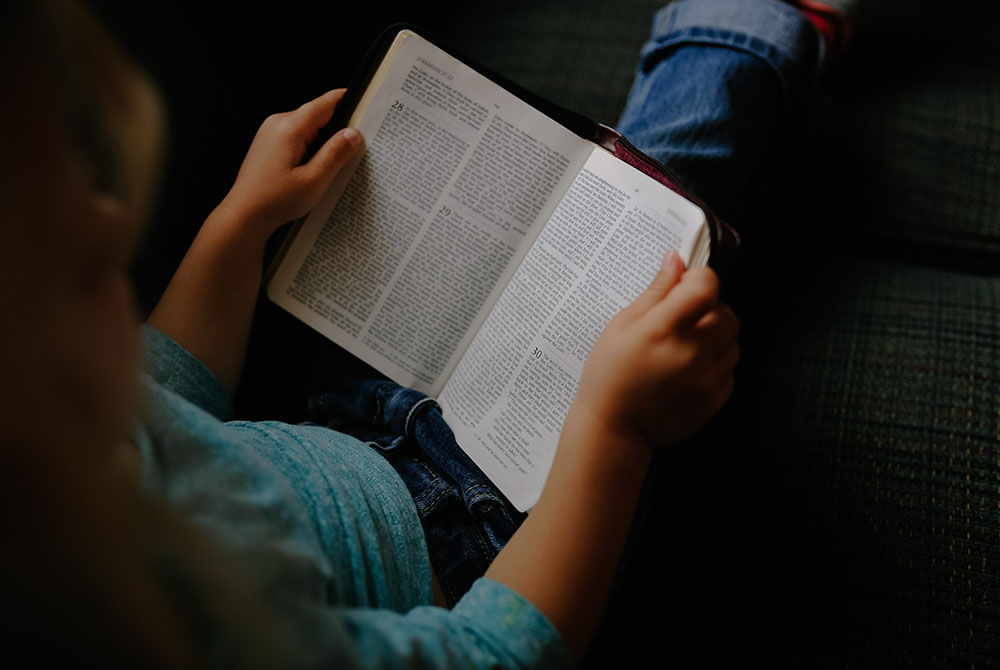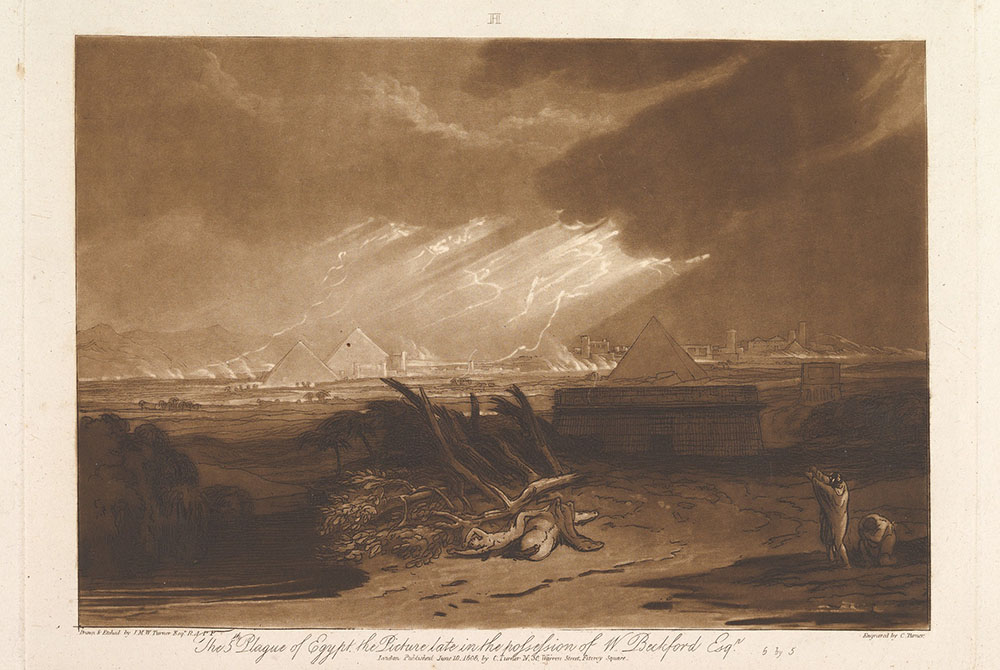
(Pixabay/StockSnap)
"Parents have the first responsibility for the education of their children" — so says the Catechism of the Catholic Church. Thanks to the coronavirus, that's about to get real.
As Catholic schools close and religious education classes get canceled, religious education for the young has become yet another part of life that will not proceed normally, at least for a few weeks, if not more.
My guess is that — as with school closings — more than a few children cheered the cancellation of religious ed classes. For families stressed by the economic or health challenges related to the explosion of the coronavirus, it might be a relief to take a vacation from them.
But, if possible, parents should consider stepping in to provide even informal religious education while social distancing or even quarantining. To that end, catechetical experts are offering some free resources, including from Catechist magazine and from St. Mary's Press.
As someone who has been homeschooling my children in religious ed, because of some special learning issues, for the last year, I can offer some tips from our experience.
Although my parish offered me a copy of the textbook used in the parish classes, our family has tried to connect the content of our weekly "class" to family experiences and the church calendar.
For example, during November, we read about and discussed saints, including those with connections to our hometown of Chicago (Mother Cabrini) and Vietnam, the country of my son's birth (the Vietnamese Martyrs). On the feast of the Baptism of the Lord, we went over the promises we parents and godparents made for our children, and talked about how they would renew those promises in confirmation. In preparation for a family friend's bat mitzvah, we read books about Judaism.
This Sunday, I decided to connect our weekly religious ed session with the news about the current health pandemic. We turned to Exodus (after a brief review about the Torah, which we had studied when learning about Judaism) to learn about the 10 plagues of Egypt.
My kids are already familiar with the Exodus story (thank you, Disney, for "The Prince of Egypt"!), but we read up on the context of the 10 plagues, with Moses asking Pharaoh to "let my people go" on behalf of the enslaved Hebrews. When Pharaoh refused, God sent down the plagues to punish the Egyptians.
Immediately, my 11- and 12-year-old were confused: How could God do that? Aren't the Egyptians God's people too, since God created them?

"The Fifth Plague of Egypt" (Liber Studiorum, part III, plate 16) June 10, 1808; Designed and etched by Joseph Mallord William Turner (Metropolitan Museum of Art/Gift of Edwin De T. Bechtel, 1951)
This required some explaining about the concept of God's chosen people in Judaism and among some other religions. I further shared how, in the past and even today, some religious people believe plagues and other natural disasters are punishment from God for sinful behavior. We talked about HIV/AIDS, and how some people blamed LGBT people for getting sick.
"Could coronavirus be a punishment from God?" I asked.
No way, they said. In fact, my son argued that even a virus was God's creation. Let me tell you, conversation with kids is rarely boring!
Since we are going to have plenty of "together time" on our hands with schools and other institutions closed for weeks, the kids and I decided to read about the first two plagues (water turning to blood and the frogs) on Sunday and follow up with two more plagues per day for the week.
We also plan to watch this National Geographic miniseries that explores whether the 10 plagues really happened or not.
Next week, I'm thinking of spending time contrasting our experience of the Mass via livestream versus the in-person experience. After two weeks, I am hoping they might actually miss parts of it and may be able to explore their own beliefs about Eucharist, the people of God and privatized-versus-shared religious experience.
When you make religious education an integral part of your family's life, the connections start showing up everywhere. Once, while watching one of our favorite television series, "Brain Games," we discovered an episode about the seven deadly sins. This prompted a chance to learn more about and memorize the sins and their corresponding virtues. We also shared which of the "seven deadlies" we most struggle with, which helped to discern our chosen Lenten practices for this year.
You might think that children of a religion journalist would have higher-than-average biblical and religious literacy, but it takes constant work, even for adults. One week, I helped my daughter memorize the names of the four Gospels; another week we all learned about Ramadan, which several of our kids' classmates celebrate.
For the digital generation, the use of video is a no-brainer to keep their interest. YouTube has some helpful videos on St. Patrick, (including this favorite from VeggieTales), and PBS members will be able to watch the new Dorothy Day documentary on demand. You also could have kids make their own videos about age-appropriate religious topics. I'm also a big fan of craft projects that help kids to actively learn content.
Advertisement
Finally, our homeschool religious education has always involved service to others. The coronavirus pandemic will mean plenty of people in need. Already, we've delivered food to a needy single mom in our neighborhood, and I'm sure we will find many more opportunities to help others suffering because of this crisis.
When schools reopen and religious education classes start up again, most parents will be happy to hand off the education of our kids to the professionals. But a few weeks of homeschooling religious education might help us to be more involved in the future, and to take that "first responsibility" more seriously.
[Heidi Schlumpf is NCR national correspondent. Her email address is hschlumpf@ncronline.org. Follow her on Twitter @HeidiSchlumpf.]








